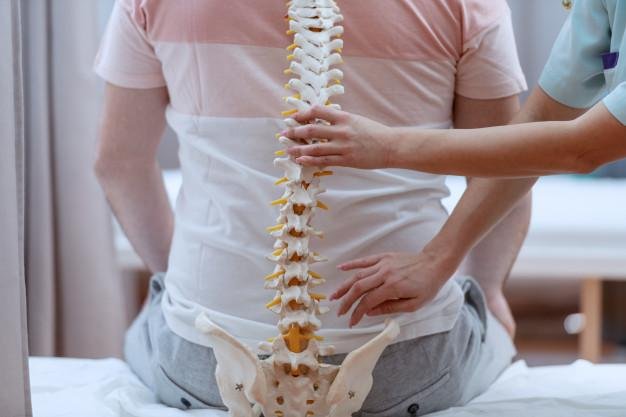Kidneys are two-bean shaped organs located behind the abdominal organs and located just under the rib cage. Although one kidney is enough to have a healthy body, having two kidneys each on the side of the spine is certainly a true blessing of mother nature. Kidney functions to filter and excrete all the body waste and toxins through urination. It also plays an important role in maintaining blood pressure, a healthy bone and to help the body to produce red blood cells. In the world of medicine, the urinary system that is associated with the kidney as its main organ, may have some abnormality. In this article, we will be learning about kidney cyst and understand if this is a serious issue.
Kidney cysts are round fluid-filled sacs that are formed in the kidney. There are different types of kidney cyst. In most cases, it is in the form of simple kidney cysts. Simple kidney cysts are different from polycystic kidney disease. Polycystic kidney disease tends to run in families and causes a large number of cysts on kidneys. Acquired cystic kidney disease is a condition that causes the growth cyst in kidneys and often the results of other kidney problems such as chronic kidney failure and end-stage renal disease.
Kidney cyst is the most common lesion of kidneys. It is estimated that approximately 40% of patients that undergo imaging studies involving the kidney site can be seen with kidney cyst. Kidney cyst can be benign or malignant and may occur on one side or both sides of the kidney. The most common case of kidney cyst is the one acquired compared to congenital (present at birth).
It is not known why simple kidney cysts occur and it is definitely not inherited. Half of people aged 50 and above have one or more simple kidney cysts. It can be normal to have more than one simple cyst in each kidney especially as the person ages. In contrast with polycystic kidney disease, it is caused by gene mutations of PKD1 or PKD2 which explains why it is possible to be inherited especially when at least one of the parents have this.
Simple kidney cysts usually do not cause symptoms. In fact, doctors typically find them accidentally when the patient is undergoing ultrasound or CT-scan for other health reasons. However, in some cases, it can grow large and cause dull back pain or pain to the side or upper abdomen. The cysts may get infected and cause pain, fever and tenderness. A burst cyst can also be causing pain. In some cases, presence of blood in urine and changes in urinary habits may present if the kidney cyst faces complications.
Symptoms of polycystic kidney disease are certainly the total opposite of simple kidney cyst. Symptoms include pain, high blood pressure and kidney failure. Symptoms may not be obvious until the cysts in the kidney are half inch or larger. In polycystic kidney diseases that can be detected in the womb or shortly after a baby is born, are larger than normal kidneys and smaller than average size babies which is also known as growth failure.
Simple kidney cysts often do not need any treatment unless there are symptoms or complications. If there is a need for treatment, cyst sclerotherapy may be provided to empty the sac and fill with solution. This will lower the chances for the cyst to return. In case of cysts that are not well taken care of with sclerotherapy alone or the cyst is large enough, surgery through laparoscopy may be done instead.
Treatment for polycystic kidney disease often needs dialysis or kidney transplant in the end. While medication such as antihypertensive drugs like ACE inhibitors and ARBs may help to control blood pressure, it only helps to delay kidney failure and may slow kidney disease. What a patient can do is to preserve and enhance the kidney function while avoiding things that may worsen the kidney such as being extra careful when taking pain relief medication and to avoid direct injury to the kidney by avoiding contact sports.
It can be concluded that kidney cyst can be serious but only when it is the polycystic kidney disease. Simple kidney cyst in general is not serious unless there are symptoms or complications which are rare. No matter what kind of kidney cyst, one thing remains is to make lifestyle changes. This includes practising healthy eating habits, ensuring optimal body weight, being physically active, getting a good quality of sleep by aiming for 7 to 8 hours sleep every night, to quit unhealthy habits such as smoking and to learn how to manage stress. Extra note for patients with polycystic kidney disease, they need to really take care of blood pressure and protect their kidneys. Talking to dieticians can help understand what is best to eat and drink since this disease is indeed a life-long condition and needs long term care.
Buy Spiriva Respimat 2.5 mcg Inhalation Solution 60 doses.

